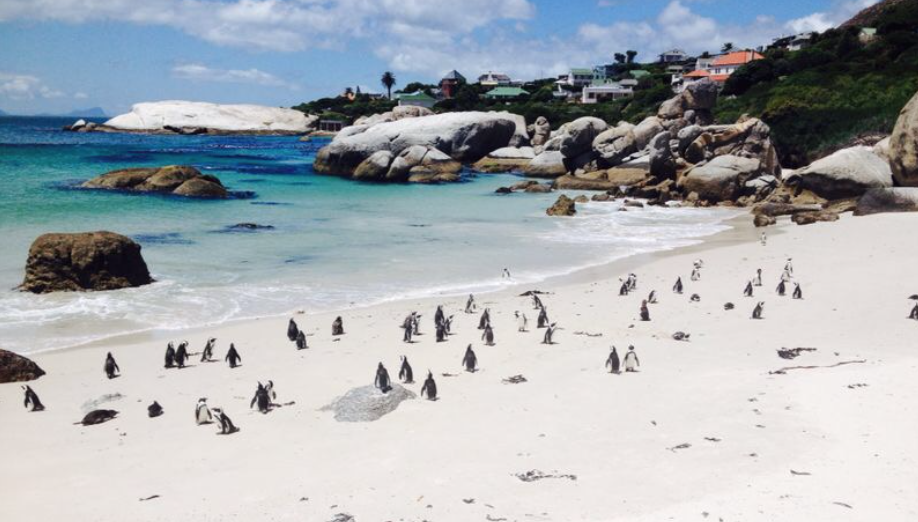We’ve had a number of reports lately of some DIY landscaping that’s been going on at a much-loved local beach. Here are our two cents.
Not everyone is as crazy about kelp as we are, and we get that. An unexpected brush against your leg can be frightening, especially when it feels so much like a giant shark! But Ecklonia maxmia is not some pesky weed to be pulled from the garden, despite our labelling of it as “seaweed”. This algae plays a number of important roles in the ecosystem, sheltering the shore from wave action, and providing shelter and food to juvenile fish and invertebrates. We call kelp a keystone species, becuase it is a crucial organism that maintains the structure of the ecosystem. Even in death kelp fulfils this role, trapping sand for dune formation and providing food for insects and crustaceans that in turn feed birds and other sea life.
The Department of Agriculture, Forestry and Fisheries regulates the harvesting of kelp by issuing commercial and recreational permits. To harvest kelp recreationally requires a permit for the collection of molluscs, which also includes octopus, squid, worms, other invertebrates and aquatic plants.
Removing kelp without a permit? Removing kelp within the Boulders Restriced Zone? That’s poaching my friend
